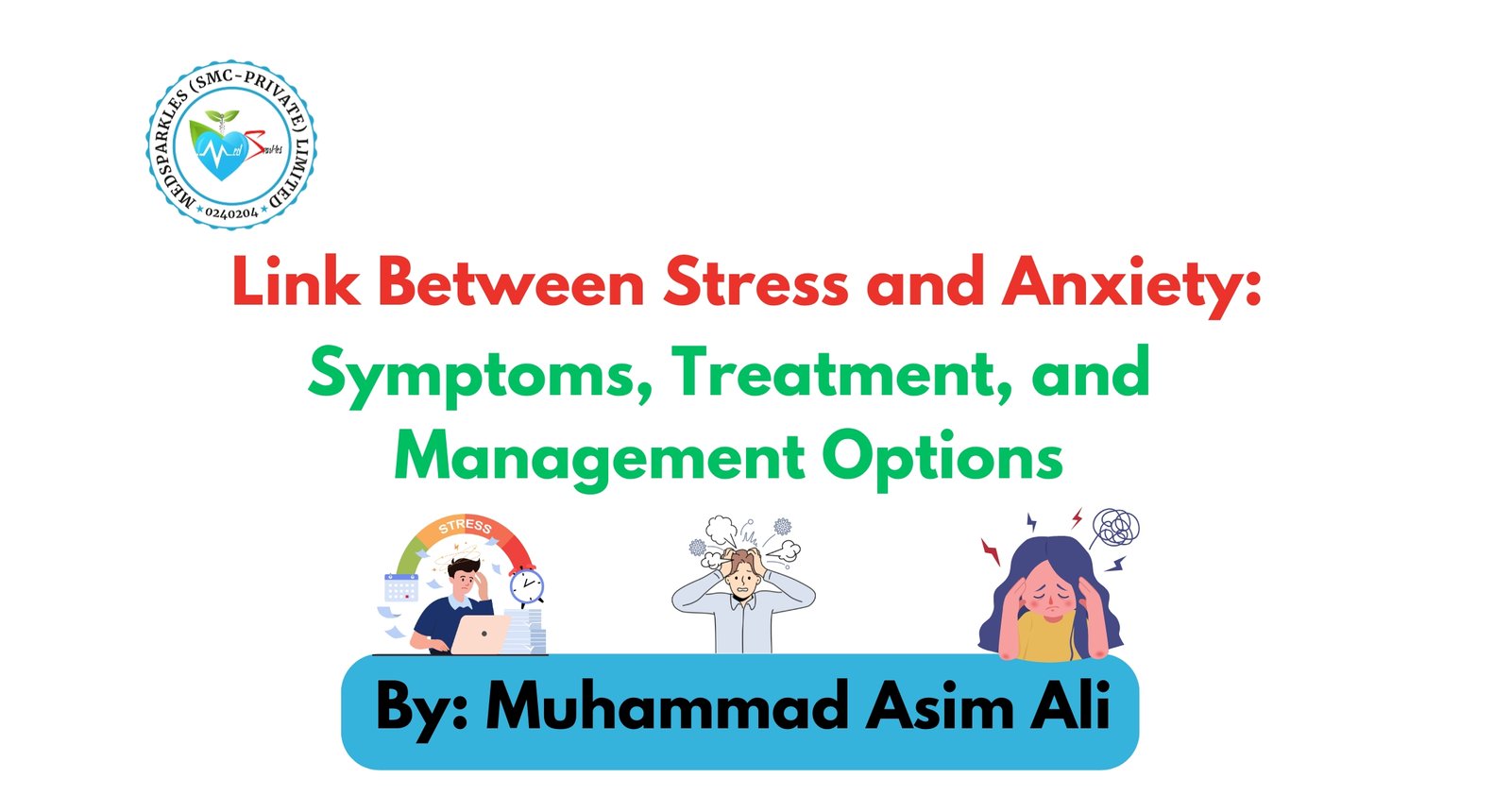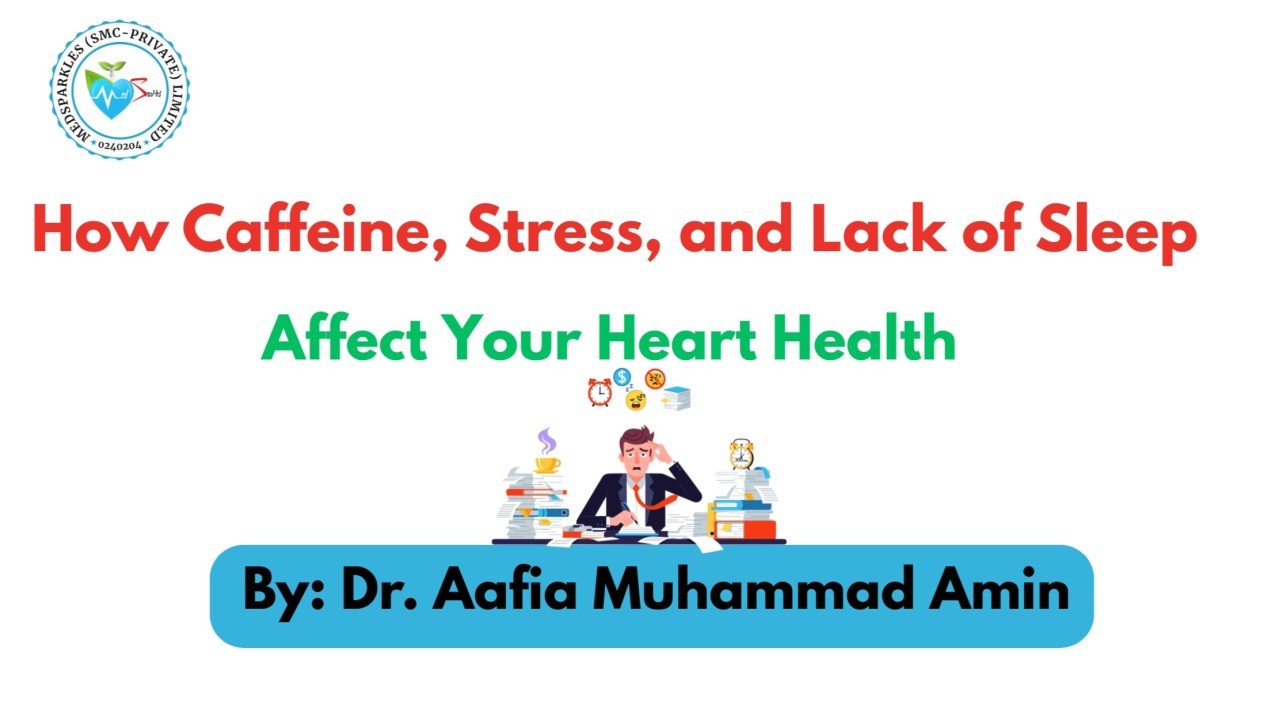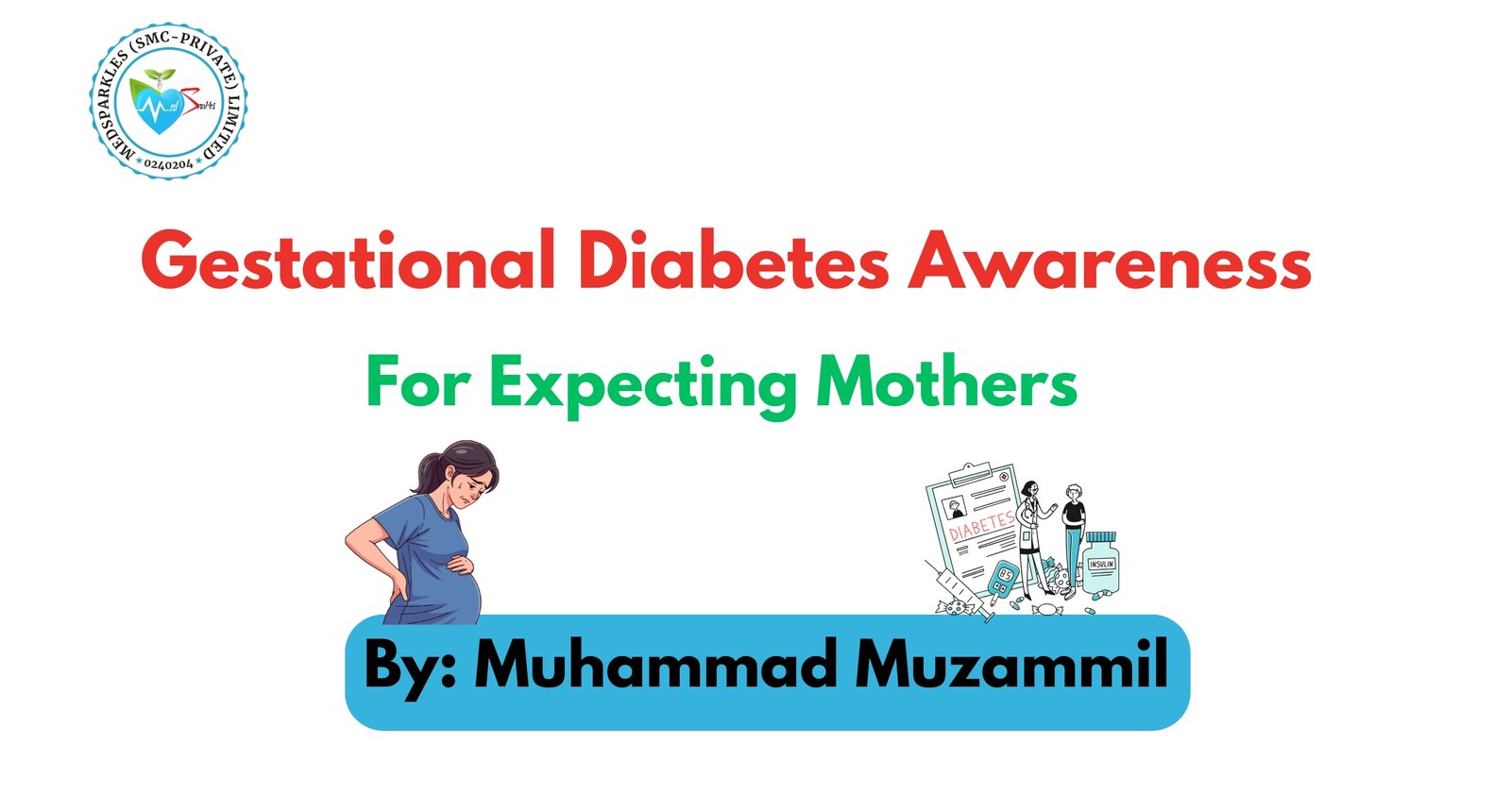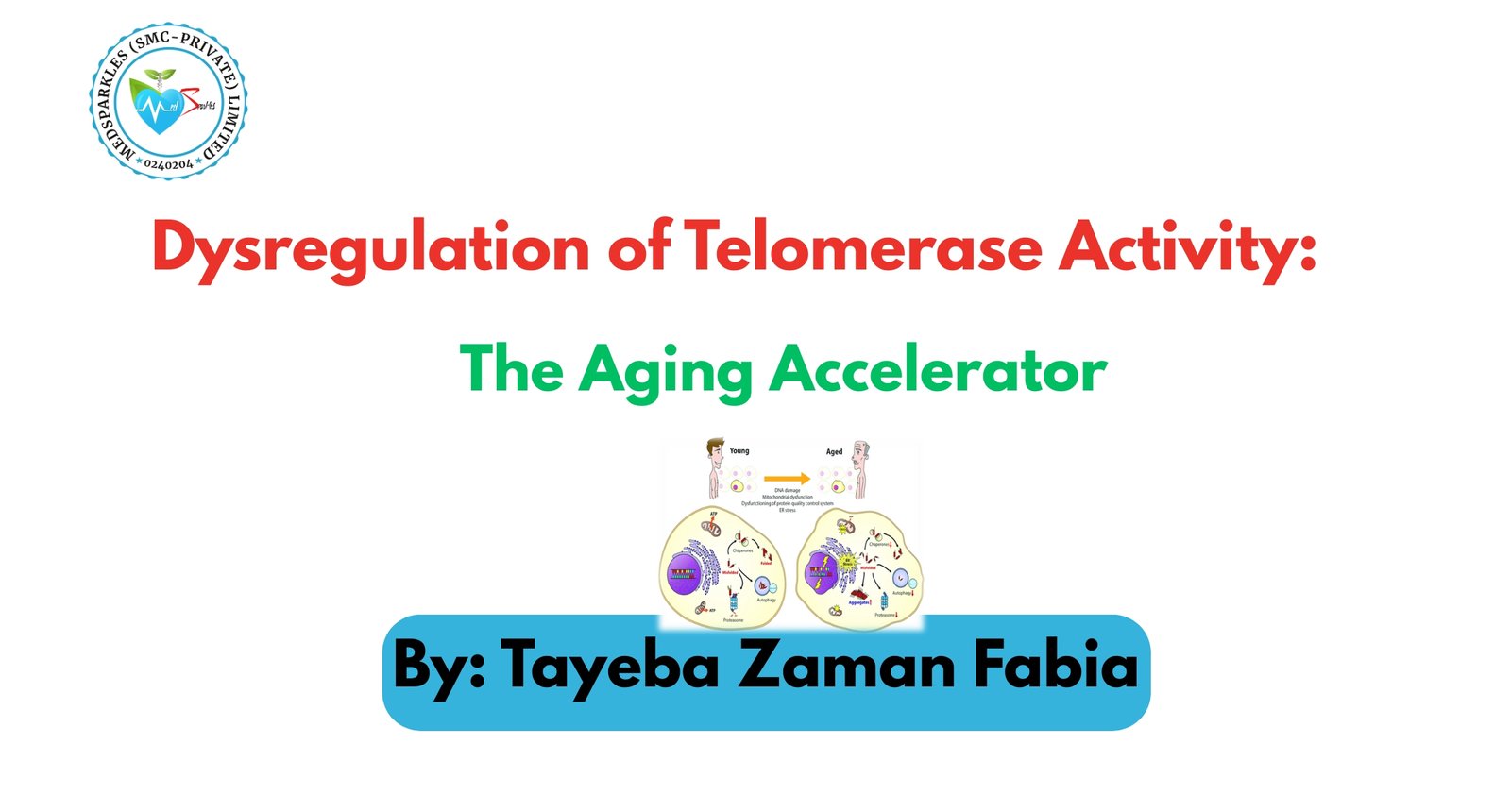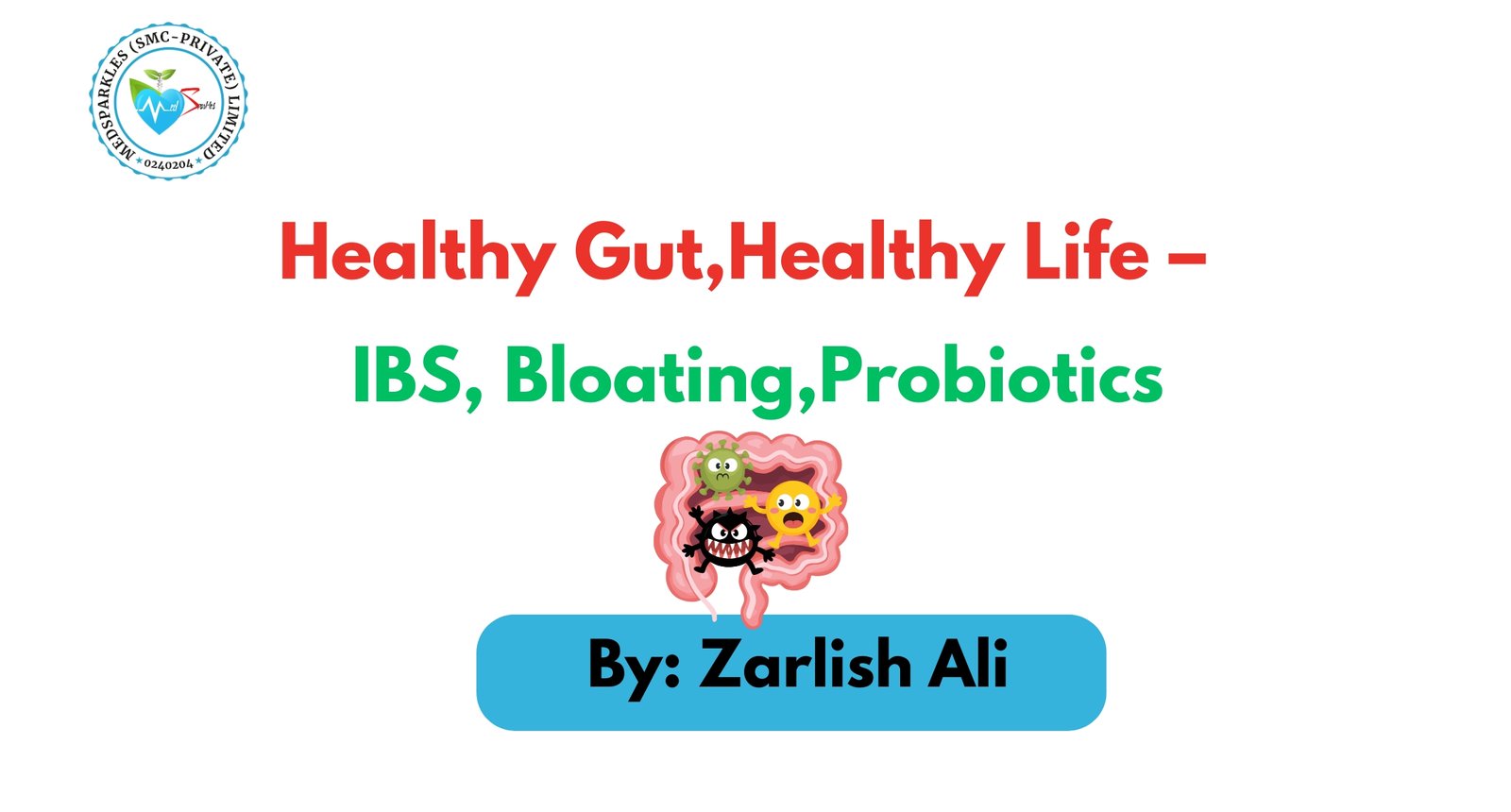In today’s rapid lifestyle, feelings of stress and anxiety are widespread. Although frequently used as synonyms, stress and anxiety are different yet closely linked states. Stress generally arises in reaction to an external stimulus—like job deadlines, financial issues, or interpersonal disagreements—while anxiety can linger even when the stressor is absent and may turn into a long-lasting condition. Grasping their connection is essential for efficient therapy and ongoing mental health care.

Understanding the Link Between Stress and Anxiety
Stress is a normal response to perceived dangers or pressures, activating the body’s “fight or flight” mechanism. When stress is excessive or lasts too long, it can lead to the emergence of anxiety disorders. Anxiety amplifies stress effects by inducing a perpetual feeling of worry or fear, even in the absence of a particular trigger. The cycle can greatly impact emotional health, physical well-being, and everyday functioning.
Common Symptoms
1- Stress Symptoms:
- Headaches, muscle tension, or fatigue
- Sleep disturbances or insomnia
- Irritability or mood swings
- Difficulty concentrating
- Upset stomach or digestive issues
2- Anxiety Symptoms:
- Excessive worry or fear that is difficult to control
- Restlessness or feeling “on edge”
- Racing heartbeat or palpitations
- Shortness of breath, dizziness, or sweating
- Panic attacks in severe cases
When stress and anxiety coincide, people might encounter both physical and emotional symptoms, resulting in burnout, depression, or various mental health issues.
Treatment Options
1. Psychological Therapies
- Cognitive Behavioral Therapy (CBT): helps identify and challenge negative thought patterns.
- Mindfulness-Based Therapy: reduces rumination and promotes present-moment awareness.
- Exposure Therapy: Useful in treating anxiety-related phobias and panic disorders.
2. Medication
- Antidepressants (SSRIs, SNRIs): Effective for long-term management of anxiety disorders.
- Benzodiazepines: Provide short-term relief but carry the risk of dependence.
- Beta-blockers: Help control physical symptoms like a rapid heartbeat.
3. Lifestyle Interventions
- Regular exercise (yoga, walking, aerobic activities)
- Adequate sleep hygiene
- Balanced nutrition and reduced caffeine/alcohol intake
- Stress management techniques (journaling, breathing exercises).
Management and Coping Strategies
- Identify Triggers: Recognize situations that cause stress or anxiety and develop strategies to manage them.
- Time Management: Break tasks into smaller steps and prioritize effectively.
- Relaxation Techniques: Meditation, progressive muscle relaxation, and guided imagery can reduce symptoms.
- Support Systems: Talking with friends, family, or support groups helps reduce emotional burden.
- Professional Help: Early consultation with psychologists, psychiatrists, or counselors prevents progression into chronic disorders.
Conclusion
Overall, stress and anxiety are interconnected conditions that can significantly impact quality of life when left unmanaged. By identifying the signs promptly and implementing a mix of therapeutic, medical, and lifestyle strategies, people can disrupt the pattern and restore emotional equilibrium. An active mindset not only improves mental health but also fosters resilience in tackling life’s difficulties.
‘‘It’s not stress or anxiety that kills us. It’s our reaction to it’’
Frequently Asked Questions
1. What is the difference between stress and anxiety?
Stress is usually a response to an external situation (like deadlines or conflicts) and tends to resolve when the stressor ends. Anxiety is a persistent feeling of worry or fear that can occur even without a clear trigger.
2. Can stress lead to anxiety disorders?
Yes. Prolonged or unmanaged stress can increase the risk of developing anxiety disorders such as generalized anxiety disorder (GAD), panic disorder, or social anxiety disorder.
3. What are the common physical symptoms of stress and anxiety?
Headaches, muscle tension, rapid heartbeat, shortness of breath, digestive issues, fatigue, and sleep disturbances are common overlapping symptoms.
4. What treatments are available for stress and anxiety?
Treatment may include psychotherapy (CBT, mindfulness therapy), medications (SSRIs, benzodiazepines, beta-blockers), and lifestyle changes (exercise, relaxation, healthy sleep).Mild cases can often be managed through therapy, stress management strategies, and lifestyle modifications. Medications are generally considered when symptoms are severe or persistent.
5. Can stress and anxiety affect physical health long-term?
Yes. Chronic stress and anxiety increase the risk of hypertension, heart disease, diabetes, weakened immunity, and gastrointestinal problems. Stress and anxiety are natural parts of life. However, with proper management strategies, therapy, and support, their impact can be greatly reduced, leading to a healthier and more balanced life.
